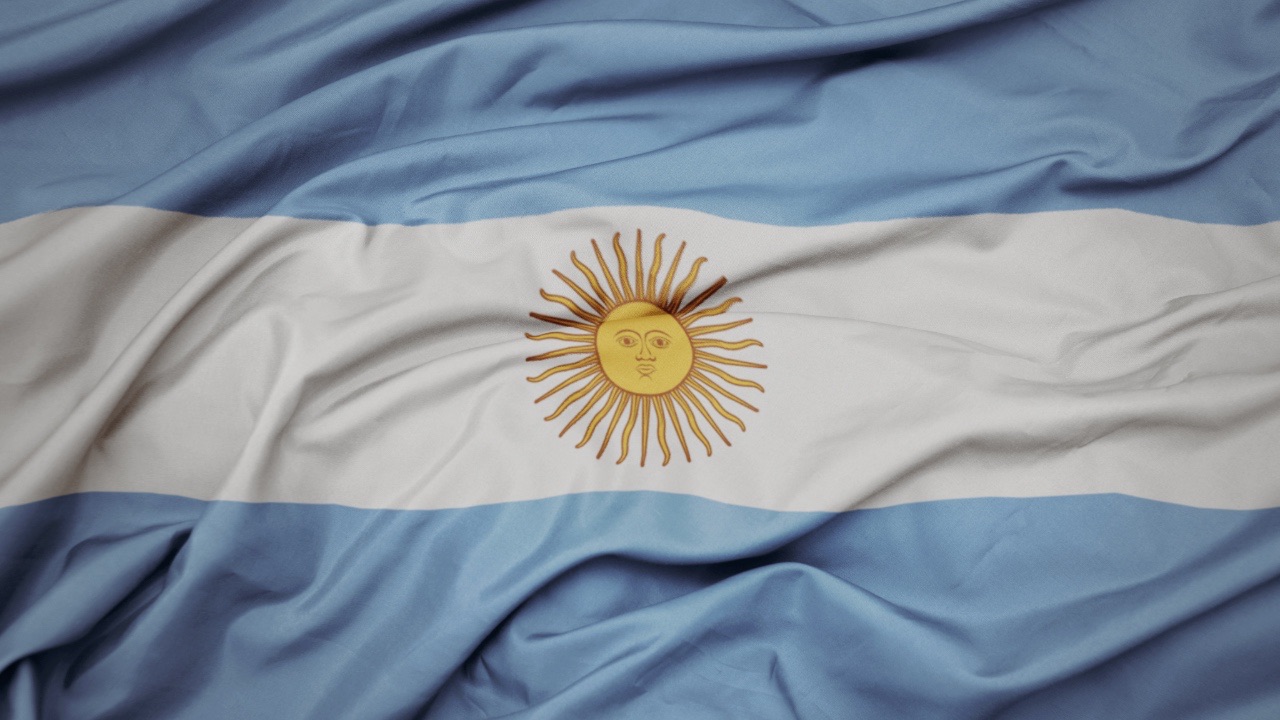
Are You Really Sure You Speak English?
This time and age, it would be safe to say that English is the current lingua franca of the world – or at least Globish is.
For sure, English is the language spoken by the over 60 million people living in the United Kingdom and the almost 5 million living in the Republic of Ireland. Originally brought to the isles by the Anglo-Saxon settlers around the 5th century, it has kept many Latin features from the Romans that once conquered the isles and founded Londinium, adopted many French terms after the Norman conquest in the Middle Ages, and still carries some old-time Germanic (as in Viking) and Celtic influences in its mix.
It spread throughout the world on board of British ships, set roots during the country’s colonial past, and contributed with its flexibility to the language of science and technology. Unlike Spanish, which is highly regulated by the Royal Spanish Academy, the English language simply goes with the flow and its evolution is registered in the likes of the Oxford and Longman dictionaries, which make its evolution “official”.
Challenges
However, such free-spirited nature does not mean the English language and its usage have no rules or unspoken norms of accepted “behaviour” or many nuances. Things are actually more complex than one would think.
There are the usual regional varieties, the biggest ones being among the different nations on the British Isles, as well as class-related and idiosyncratic differences. The tricky bit, though, are the accents – Scottish, Irish, Cockney, British-Asian, British-Nigerian, British-Australian and so on. I recall once being asked by a party in a negotiation I was interpreting for whether I “spoke Scottish”, he he!
And that is verbal communication alone. There is also the whole universe of “body English”, as Kate Fox came to name it in her book Watching the English, a whole set of tutting, eyebrow raising, mucking, lip pursing, dry coughing, and stiff upper-lip that constitute a supplementary and parallel form of communication used daily by the English and usually opaque to foreigners.
Globish
On the other hand, Globlish (a term coined by Jean-Paul Nerriere to describe a subset of English grammar and a list of about 1,500 English words) is supposed to be the common ground that non-native English speakers used in international business. A sort of impromptu lingua franca for the business world – and now also the sciences, international politics, and more – it poses challenges of its own, especially since it being a subset and not a whole language, its speakers fill in the gaps with their own mother tongues.
So, what to do then?
As always, trust your linguist and let us help you understand others and express yourself in the best – and most grammatically correct and culturally accurate – way.






